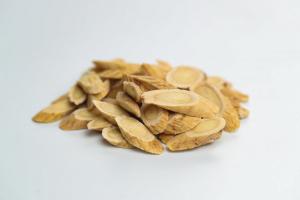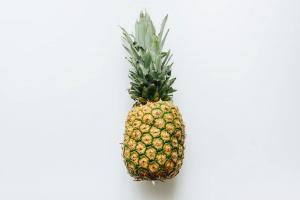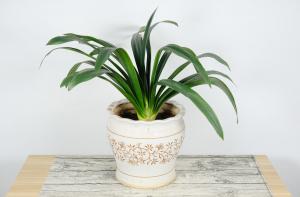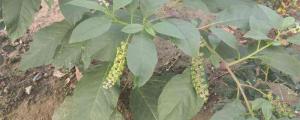How to Kill Mosquito Larvae in Plant Water
Mosquito larvae are a common problem in stagnant water, including plant containers. These pests not only ruin the beauty of your plants but also pose serious health hazards. Mosquitoes are vectors of several diseases, including Zika and Dengue. Therefore, it is essential to get rid of the mosquito larvae to avoid any health risks. In this article, we will discuss some practical ways to eliminate mosquito larvae in plant water.
Clean the Plant Containers Regularly
The first and most important step in preventing mosquito larvae is to keep your plant containers clean. Mosquitoes need stagnant water to breed, and by keeping your plant containers clean, you can prevent them from laying eggs. Make sure your plant containers have drainage holes to avoid stagnant water. Additionally, clean the containers regularly with soap and water to remove any debris and mosquito larvae. Rinse thoroughly with clean water before refilling with fresh water.
Use Mosquito Dunks
Mosquito dunks are an effective way to kill mosquito larvae in plant water. Mosquito dunks are small, donut-shaped tablets that contain bacteria called Bacillus thuringiensis israelensis (BTI). The bacteria release toxins that target mosquito larvae, killing them within a few hours. To use mosquito dunks, simply drop one in the plant container or any standing water around your home. Mosquito dunks are safe for plants, pets, and humans.
Use Mosquito Larvicide
Mosquito larvicides are chemicals that kill mosquito larvae in standing water. These products come in powder or granular form and are applied directly to plant containers or any standing water around your home. The larvicide works by disrupting the mosquito larvae's normal growth and development, killing them before they become adult mosquitoes. Follow the manufacturer's instructions carefully when using larvicides to ensure safety.
Eliminate Standing Water
Mosquitoes lay their eggs in standing water, and getting rid of standing water is an effective way to prevent mosquito larvae. Check your home and garden for any standing water, including plant containers, old tires, wheelbarrows, and puddles. Empty any standing water and clean the area to prevent mosquitoes from laying eggs. If you have a pond or bird bath, change the water frequently to prevent mosquito breeding.
Conclusion
Mosquito larvae can be a nuisance and a health hazard, but by following the above methods, you can eliminate them from your plant water. Remember to keep your plant containers clean and use mosquito dunks, larvicides, and eliminate any standing water around your home. By taking these steps, you can enjoy the beauty of your plants without the threat of mosquitoes and their diseases.

 how many times do yo...
how many times do yo... how many planted tre...
how many planted tre... how many pine trees ...
how many pine trees ... how many pecan trees...
how many pecan trees... how many plants comp...
how many plants comp... how many plants can ...
how many plants can ... how many plants and ...
how many plants and ... how many pepper plan...
how many pepper plan...
































